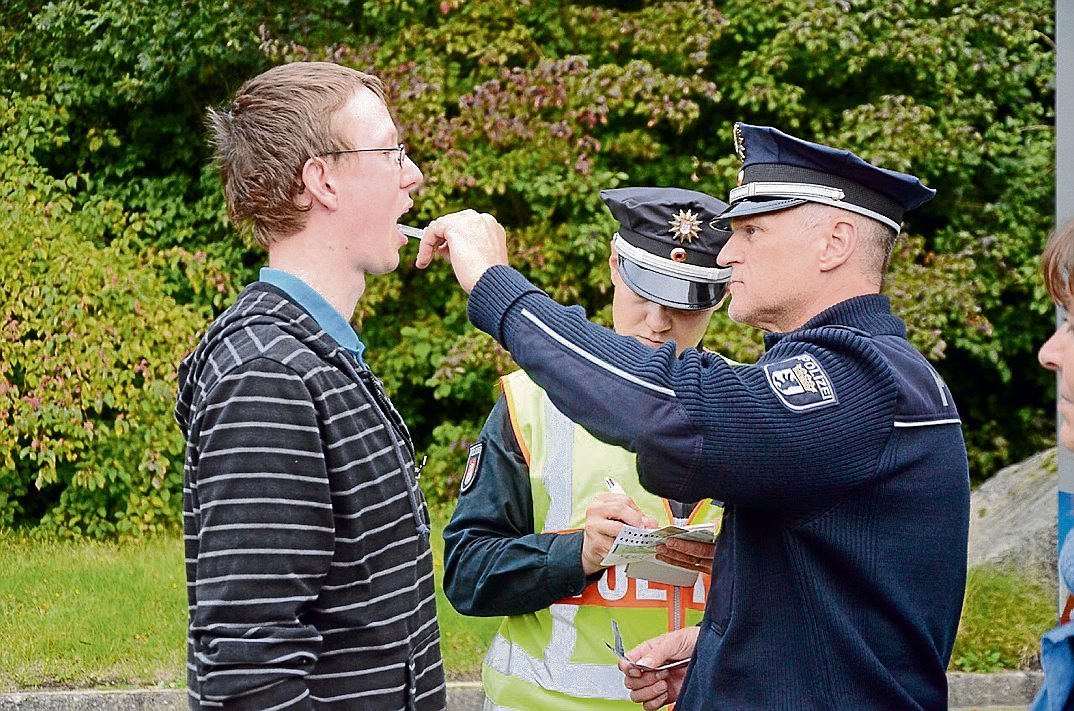Breaking Down Police Testimony by Affidavit
Stories quickly emerged in every major and minor media outlet, criticizing the Bill for its elimination of preliminary inquiries, reversal of the onus provisions in certain bail hearings, and removal of peremptory challenges in jury selection. Unfortunately, the news media’s focus on these three significant (and by no means unimportant) changes diverted attention away from some of the much more insidious aspects of Bill C-75.
Late in the evening that day, I sat down to take a stab at understanding this omnibus monstrosity. I penned a, perhaps sarcastic, 2400 word piece criticizing the major changes and some more minor ones. But even in 2400 words I could not break down the issues well enough.
So I’m going now to attempt to explain why, in my opinion, the changes in relation to affidavit evidence from police in criminal cases is one of the most deserving of attention and deserving of criticism.
Breaking Down Police Testimony by Affidavit Read More »









